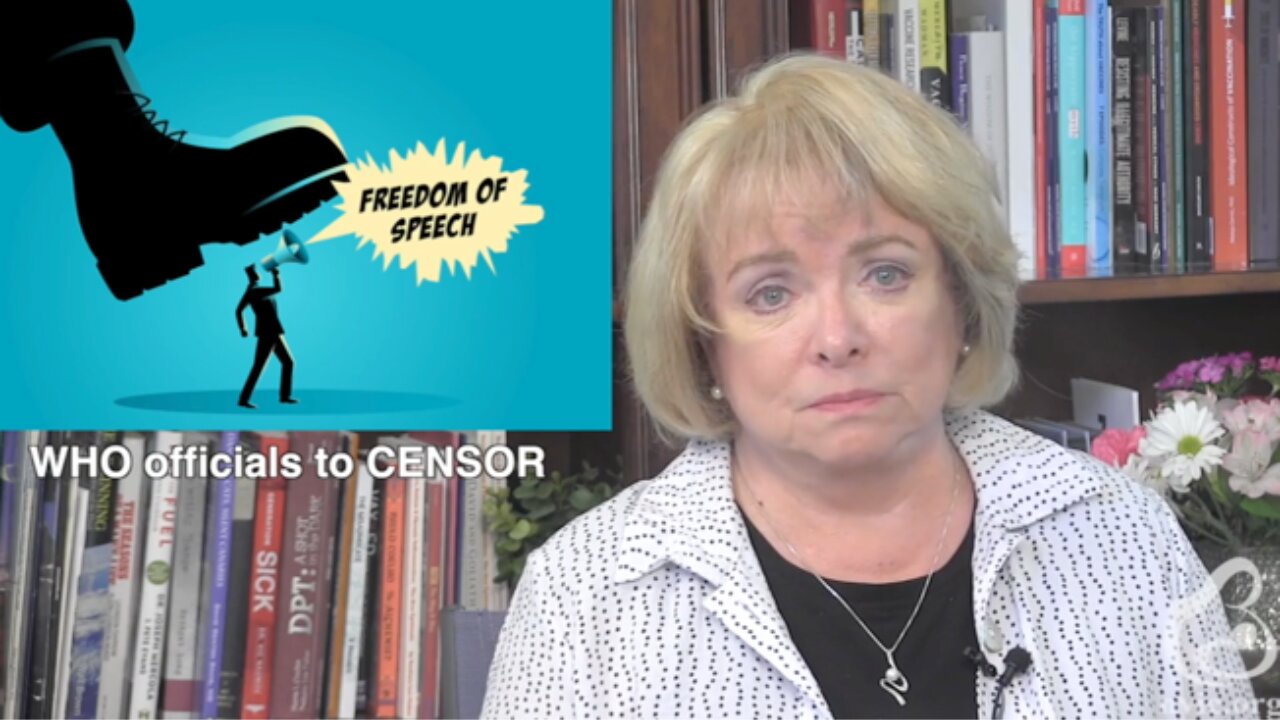- Conflicts of interest between the pharmaceutical industry and the U.S. government are a growing problem.
- Drug firms pay FDA staffers to attend scientific panel meetings that discuss policies on best methods for measuring safety and effectiveness of painkillers.
- Former pharma executives fill high-ranking positions at the FDA.
Conflicts of interest are rampant and easily made public in doctor-pharmaceutical relationships, they are more difficult to detect in relationships between the industry and US federal agencies. While pharma’s presence in public health agencies seems inevitable, given the high level of job mobility, in which people move from one sector to the other while maintaining past relationships and loyalties, the threat for compromising patient safety because of these interactions needs to be regularly scrutinized. Events during the past three years within the National Quality Forum (NQF), Institute of Medicine (IOM) and the Food and Drug Administration (FDA) are perfect examples of this risky business.
Safety Recommendations Potentially Biased by Pharma Ties
The NQF, a nonprofit dedicated to reviewing, endorsing and recommending use of standardized healthcare quality performance measures used by hospitals and other providers, has come under fire for the relationships kept by top leaders.
On Jan. 9, 2014, CareFusion Corp. paid $40 million to the U.S. Department of Justice to settle a lawsuit alleging that CareFusion’s study published in January 2010 was tainted by undisclosed conflicts of interest. The study compared CareFusion’s alcohol-chlorhexidine, ChloraPrep, with traditional iodine-based antiseptics to prevent surgical site infections and results favored ChloraPrep.
No one admitted wrongdoing in the settlement, but CareFusion was accused of paying Dr. Charles Denham more than $11 million in order to endorse use of CareFusion’s ChloraPrep in the hospital community before the antiseptic product received FDA approval. One year before the company-sponsored study was published, Dr. Denham sat as co-chair of NQF’s Safe Practices Committee and referenced the study as the committee was updating safe practice guidance for a 2010 report. His endorsement led to a draft recommendation on infection prevention promoting ChloraPrep’s use.
“[It] is concerning that a prominent expert at NQF was encouraging non-approved uses during a review of patient safety best practices while being paid millions of dollars by the manufacturer of ChloraPrep,” Senator Charles Grassley of Iowa wrote in a letter to Dr. Christine Cassel, NQF’s president and chief executive officer (CEO). “Naturally, this raises serious concerns about NQF’s conflict of interest policies… and calls into question NQF’s due diligence.”1
NQF said they had been unaware of Dr. Denham’s connections to CareFusion at the time and have since cut ties him. The recommendation was also removed from the final recommendation report because of a complaint from a competitor manufacturer.2
The lawsuit prompted other questions and allegations about the influence of pharma on NQF’s work and one major player whose outside compensation came under microscope was Cassel. In December 2012, Dr. Cassel was appointed as NQF’s new president and CEO. Previously, she served as president and CEO of the American Board of Internal Medicine.3
An independent report shows that Dr. Cassel received approximately $235,000 in compensation and stock as a board member for performance improvement consulting firm Premier Inc. in 2013 and $189,000 as a board member for the Kaiser Foundation Health Plans and Hospitals in 2012. Both Premier and Kaiser pay dues to be members of NQF.
The question is… do these dual paid roles influence Dr. Cassel’s work? According to Eric Campbell, a Harvard School of Medicine professor, Dr. Cassel’s ties to hospital companies could create a possible incentive for her to shape the rules and metrics in their favor. It would just be better if NQF would eliminate all potential conflicts by either requiring Dr. Cassel to resign from those boards, or continue to serve without pay.4
New IOM Leader in Bed With Multiple Pharmaceutical Companies
Similar to the NQF, another nonprofit has linked itself with a leader whose past fiduciary duties owed to drug and device makers could suggest unyielding loyalty and thus, convolute his commitment to the current mission.
In February 2014, the Institute of Medicine (IOM) appointed Dr. Victor Dzau as its president beginning July 1, 2014.5
The IOM is a nonprofit organization whose mission is to work outside the government to provide “unbiased” advice and recommendations, such as for the Childhood Immunization Schedule, to decision makers. However, having a leader like Dr. Dzau is not meeting the “unbiased” criteria.
Not only does he have way too many past positions and corporate affiliations to keep track of, there is a serious conflict of interest with his pharmaceutical corporate board affiliations. In 2009, Dr. Dzau received more than $800,000 in compensation for serving on the boards of director for Alnylam Pharmaceuticals, Genzyme and Medtronic. Additionally, he owned stock worth more than $6 million for these companies.6
FDA Leaders Too Friendly With Pharma
In October 2013, a public records request obtained hundreds of e-mails exposing a new relationship between pharmaceutical firms and the FDA. Apparently, these drug firms paid as much as $25,000 for FDA staff to attend scientific panel meetings discussing policies regarding the best methods for measuring safety and effectiveness of painkillers. The meetings involved approximately 30 to 40 people, including academics, the FDA and National Institutes of Health (NIH) officials. Fourteen representatives from pharmaceutical companies paid to attend and potentially “provide advice to the FDA on how to weigh the evidence from clinical trials.”7
These interactions question how the FDA could offer objective insight to the public since the FDA stands as the ruling body for drug approvals. Over the years, conflict-of-interest red flags have been linked to several of the FDA’s top leaders.
When Dr. Margaret Hamburg was hired as the FDA Commissioner in 2009, for example, she had to “clean up” her drug company ties. Not only did she have to resign from her board of director position from Harry Schein Associates, the largest provider of products and services to office-based practitioners, she and her husband had several hedge-fund holdings and drug company stocks, including Abbott, Johnson & Johnson and Merck & Co. Their assets were valued at up to $40 million.8
Additionally, former drug company executives fill many of the high-ranking FDA positions. In February 2013, Dr. Janet Woodcock, director of the Center for Drug Evaluation and Research, hired yet another former pharmaceutical employee as the newly created position of deputy centre director for science operations, Dr. Richard Moscicki, former head of clinical development at Genzyme Corp.9
HHS Not Immune to Questionable Actions
In June 2013, former Department of Health and Human Services (HHS) Secretary Kathleen Sebelius defended fundraising calls she made to the Robert Wood Johnson Foundation and H&R Block on behalf of Enroll America, a group that promoted ObamaCare. Republicans said it was “inappropriate” and “potentially illegal” for Secretary Sebelius to raise money directly from entities that HHS regulates, but Secretary Sebelius testified that it was legal.
“I could legally solicit funds from anybody regulated by our office. I chose not to do that,” she told lawmakers on the House Education and Workforce Committee.
According to federal law, the HHS secretary can promote partnerships and fundraise for programs intended to improve health care access. But Republicans contend that there are other laws against pressuring companies that HHS regulates.
References:
1 U.S. Senate. Letter from Senator Charles Grassley to Dr. Christine Cassel. Feb. 3, 2014.
2 Carlson J. Journal ends probe into tainted-research allegations in Denham controversy, finds no conflicts. Modern Healthcare. Feb. 4, 2014.
3 Spindle L. Dr. Christine Cassel Named New President and CEO of the National Quality Forum. National Quality Forum Press Release. Dec. 17, 2012.
4 Allen M. Payments to CEO Raise New Conflicts at Top Health Quality Group. ProPublica. Feb. 12, 2014.
5 Institute of Medicine. Victor J. Dzau, M.D., to Be Next Institute of Medicine President. Announcement. Feb. 20, 2014.
6 Husten L. Newly Elected President Of Institute of Medicine Is On The Pepsico Board of Directors. Forbes. Feb. 19, 2014.
7 Whoriskey P. Pharmaceutical firms paid to attend meetings of panel that advises FDA. The Washington Post. Oct. 6, 2013.
8 Skolek M. Is FDA’s Margaret Hamburg, MD Contributing to the U.S. Heroin and Opioid Epidemic by Living in an Ivory Tower? Salem-News.com. April 13, 2014.
9 PMLiVE. Genzyme’s Richard Moscicki joins FDA. Feb. 14, 2013.












